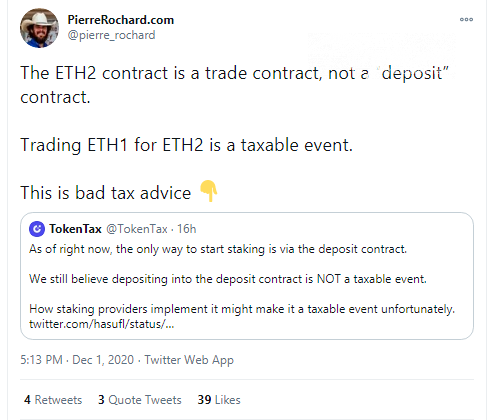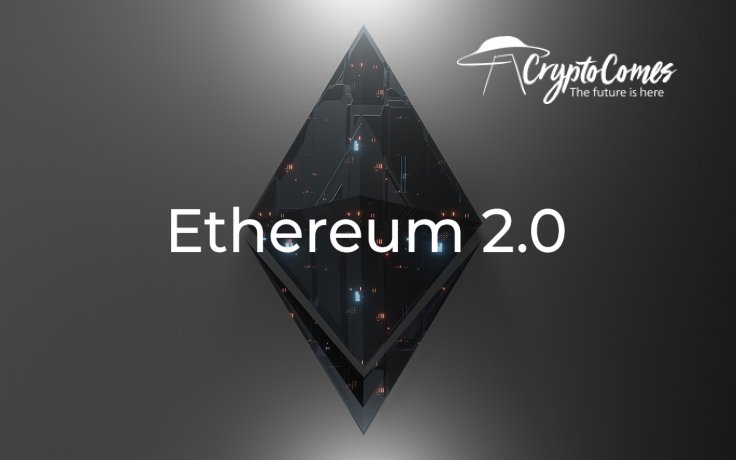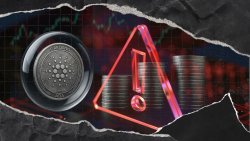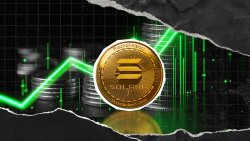Amidst the overwhelming euphoria in the Ethereum community around the much-anticipated launch of Beacon Chain (Phase Zero), which finally took place today, not everyone on Crypto Twitter is generous enough to congratulate the opponents on their victory. Here's a short digest of takes shared by Bitcoin maximalists and other skeptics.
Ethereans should pay taxes for Beacon Chain
Seasoned Bitcoin (BTC) proponent Pierre Rochard, founder of Bitcoin Advisory and chief strategist of Kraken exchange, has shared an unpopular take on Ethereum's staking launch as a "taxable event." Regardless of the unique essence of the ETH1-ETH2 transfer, it is a trade in terms of taxation, Rochard claims.

For him, the Ethereum 2.0 contract is a trade contract and not a "deposit" one as it was promoted by the Ethereum 2.0 team. As a result, every possible profit from involvement in Ethereum 2.0 should be taxed.
Analyst Adam Cochran of Metacartel Ventures answered that deposits should not be eligible for taxation as they create zero profits themselves:
There is no ETH2 asset. You are locking your ETH to create a validator. There is no token in return. While depositing via an exchange and getting their tokenized ETH2 staking tokens *may* be a taxable event, direct deposits wouldn't. Just like cross-chain direct transfers don't.
It is interesting that Rochard reiterated that, personally, he opposes any taxation as an anarcho-capitalist. For him, the only reason to pay taxes is "to stay out of prison."
"Nothing really happens"
Eric Wall, CIO of Arcane Assets investment firm, added that Beacon Chain launch is a sort of non-event for him. The celebrations of Ethereans are "confusing," and what has happened with ETH2 at the moment is a nothing burger:
But nothing really happens. There's no throughput increase, no added security, PoS won't secure any ETH transaction or dapp, PoW will still be there, no trace of sharding. I'm sorry but to every single person using Ethereum literally nothing whatsoever happens.
Some trolls from the Bitcoin (BTC) camp also asked Ethereans to send them "ETH2" tokens or transfer something "through Ethereum 2.0."
Prominent cryptographer Professor Matthew Daniel Green of John Hopkins University highlighted that millions of U.S. dollars are invested in a chain that does not exist:
The more I read about Ethereum 2, the more awed I am that the Ethereum folks have convinced people to irretrievably commit hundreds of thousands of ETH to a system that doesn’t really exist.
Meanwhile, it does not look like the Ethereum community is at all bothered by this reaction.




